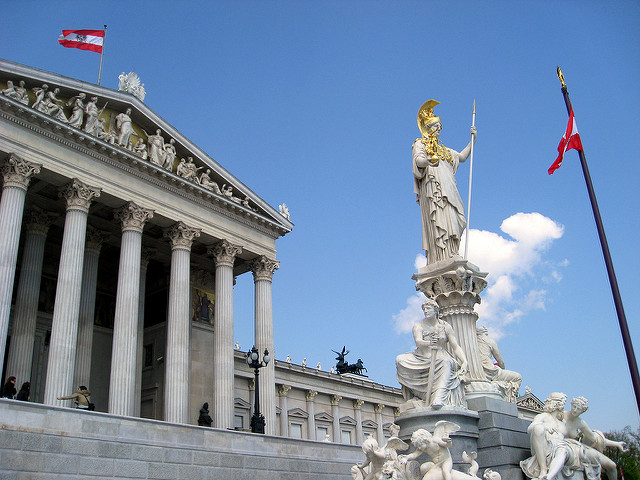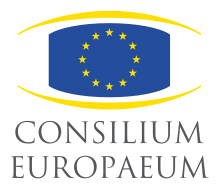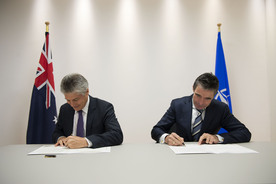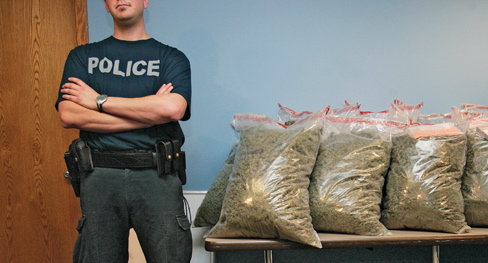On December 4, Austrians went to the polls to vote for their next President in the second round of runoff elections with Alexander Van der Bellen winning the election by a 53% victory. This small German-speaking nation of 8.5 million people in central Europe is normally overshadowed by its bigger neighbour to the West, Germany. Although not a part of NATO, Austria is a NATO partner which has helped the Alliance in the past. Austrian forces joined NATO in Bosnia and Herzegovina in 1996 and went to Afghanistan for deployment in 2002. Austria has also participated in the NATO Science for Peace and Security (SPS) Programme since 2005. It continue to work closely with NATO in a numerous other sectors.
The current Chancellor Christian Kern, serves as the Head of Government while the President is the Head of State, serving mostly a ceremonial role. Although, he or she does have some influence on the political agenda.
Electoral process
Austria follows a two-round electoral process. If the President does not win by a majority vote, then the elections are brought into a second round to determine a majority-elect government. This system of voting ensures that a President does not win by a small margin. Numerous countries impose a two-round system including France, Poland, Russia, and Nigeria. The first round of elections took place on April 24. The two main candidates were Alexander Van der Bellen of the left-winged Green Party and Nobert Hoffer of the far-right Freedom Party. The first round was marginally won by Van der Bellen who won 50.3% of the ballets.
Candidates’ stance
Alexander Van der Bellen, from the Die Grüne Alternative (the Green Alternative Party), is the liberal candidate who supports the EU. The 72-year-old economy professor was born in Vienna to immigrant Russian and Estonian parents. He is critical of Austria’s right-wing opinions on migration and asylum-policies and has accused his opponent of wanting Austria to leave the European Union. Hoffer, however, has denied the allegations, stating that he “would consider this to be a mistake”. He further went on to say that “being an EU member state located in the centre of Europe, Austria has the obligation to contribute to positive development of the European Union.”
Nobert Hoffer, of Freiheitliche Partei Österreichs, FPÖ (Freedom Party of Austria), has a different view on the path that Austria should take. The 45-year-old Politician often speaks about promoting a stronger national identity and that migration should be severely reduced from its current numbers. Last year alone the country had 90,000 asylum seeker applicants; this would be the equivalent of Canada having roughly 370,000 migrants. He is also a big supporter of gun ownership and is against the Transatlantic Trade and Investment Partnership (TTIP) with the US. If the FPÖ had won, Hoffer would have been the most far-right Head of State in European history since the end of the Second World War.
Political process in delay
Austria will not have an elected President until January 26, 2017. This will be more than a month after the recent elections on December 4 2016 and over five months since the seat was vacated by former President Heinz Fischer, who stepped down on July 8. The delay also factors in time for any allegations or investigations into electoral fraud, which were the reasons the seat stayed empty for this long.
After the first round of elections in April, Hoffer, the defeated candidate, complained to court that numerous votes had been tampered with in some districts. The court did find some irregularities in the votes and because Van der Ballen won the first round of elections by such a small margin, the case was allowed to proceed and the run-off elections were set for a re-vote that was to take place on October 2 2016. However, a few weeks before the elections were to be redone, it was announced that elections would once again be delayed until December because the glue on the voter forms did not stick and would not properly shut the envelopes which could result in tampering with the votes. This resulted in dissatisfaction and distrust among voters in the country.
Had the second run-off elections taken place in May, soon after the first, the new Austrian President would have been inaugurated in July 2016. Now, after an 8-month delay in the long-anticipated elections, the new president of Austria is finally announced. Whether or not Alexander van der Ballen will fulfil his promises of being “an open-minded, a liberal-minded and first of all a pro-European federal President of the Republic of Austria” will be the defining feature of his Presidency.
Canada-Austria Relations
As for Canada and Austria’s relationship, they continue to have a strong economic partnership. In 2014 alone, Canadian merchandise exports totalled to CAD $271M while imports totalled to $1.7B. The biggest exports from Canada to Austria are vehicles, machinery and aircraft. Like most other European nations, Austria signed the Comprehensive Economic and Trade Agreement (CETA) with Canada. Therefore, it is unlikely that the political processes in Austria would negatively affect trade relations with Canada.
However, Austria’s liberal win cannot be taken as certain sign of things to come in Europe. Other European and NATO countries such as Germany, France and the Netherlands go to the polls in national elections in 2017. Currently Europe seems divided between the left or the right. With the uncertainty growing, all these elections will heavily influence the future of Europe. The recent right-wing wins in the US and UK and left-wing wins in Canada and Austria, shows a difficult situation to predict which way these upcoming elections will go. For now, Austria has settled politically and if no other reasons for questioning its authenticity come up, the nation can now rest and wait for the new President to take office.
Photo: Austrian Parliament Building (2008), by Carlton Browne via Flickr. Licenced under CC BY 2.0
Disclaimer: Any views or opinions expressed in articles are solely those of the authors and do not necessarily represent the views of the NATO Association of Canada.




